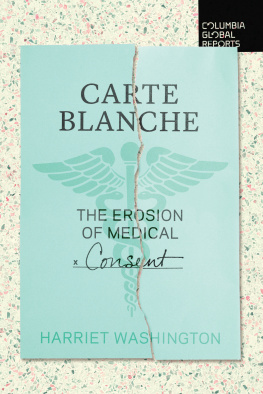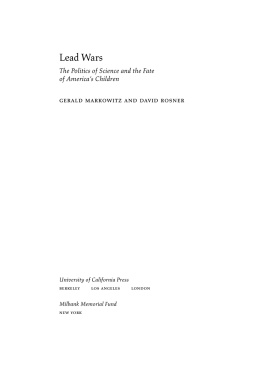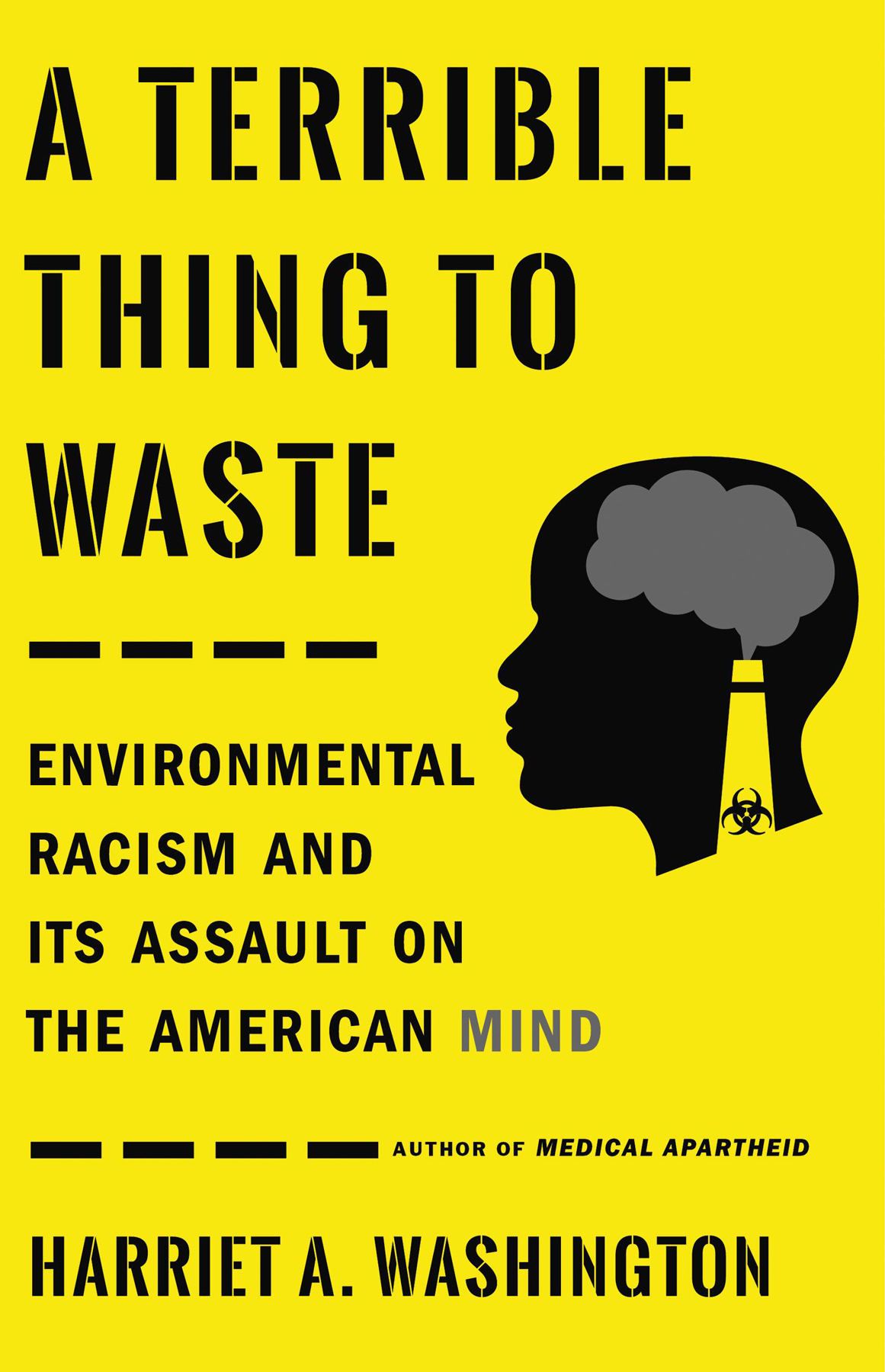Nature has color-coded groups of individuals so that statistically reliable predictions of their adaptability to intellectually rewarding and effective lives can easily be made.
W ILLIAM S HOCKLEY , M ODELS , M ATHEMATICS, AND THE M ORAL O BLIGATION TO D IAGNOSE THE O RIGIN OF N EGRO IQ D EFICITS , R EVIEW OF E DUCATIONAL R ESEARCH
Long before William Shockleys 1971 assertion that the intelligence of Americans is innate, inherited, and permanently stratified by race, the nineteenth-century scientists known as the American School of Ethnology had trumpeted the same belief, sans statistics. Their assertions were preceded by a long, data-free history of speculation by Europeans on the lower intelligence of Africans and their descendants, speculation that had traditionally supplied a rationale for enslavement.
The question of whether innate differences in intelligence exist between blacks and whites goes back more than a thousand years, to the time when the Moors invaded Europe. Although we focus on European claims that Africans and their descendants are relatively unintelligent, some people of the African diaspora, including the scientifically adept and accomplished Moors, have returned the favor. As Richard E. Nisbett, author of Intelligence
But no Moors practiced science in the United States, and in 1840 the government falsified census data to support enslavement with the spurious claim that slaves enjoyed much better mental health than freedmen. Thereafter, freedom was held to be detrimental to African Americans mental health.
In 1981, Stephen Jay Goulds The Mismeasure of Man documented the long history of painstaking but rigged data collection and analysis enlisted to support the cherished belief in the innate intellectual inferiority of blacks. So, too, have Even the Rat Was White, first published in 1976, by the late psychologist Robert V. Guthrie, as well as a slew of more recent works.
Today, the hereditarian agenda still drives fevered debate about intelligence, or to be more precise, about IQ. Accusations of racism and political correctness fly in reaction to each provocative new publication on race and IQ. The headlines, and too much of the scientific discourse, dwell on the 15-point gap between the average scores of U.S. whites and African Americans.
Much hand-wringing ensues: What can be done? Are interventions futile? In the end, this very public and very political drama drives a false perception of genetics as the chief factor determining IQ. And the sniping between hereditarians and their critics has accomplished nothing except a great deal of harping on the prohibitive expense and futility of intervening to close the gap. After all, hereditarians argue, nothing can be done to correct the innate, genetically dictated, lower-IQ status of African Americans. In tones of infinite regret, their screeds and interviews insist that devoting resources to closing it would be a Quixotic and irresponsibly expensive task: the racial IQ gap is impervious to treatment and here to stay.
This bleak prospect is not supported by the facts.
Salt of the Earth
Consider that in 1924, the United States closed another 15-point IQ gap with a single, cheap step: we added iodine to salt. The government didnt set out to increase IQthat was a happy accident, the consequence of a program intended to address nutritional deficiency diseases, chiefly goiters, that are caused by insufficient iodine in the diet.
Before 1920, whether or not your diet contained sufficient iodine depended largely on where your water came from. Seawater, for instance, is rich in iodine, which is fortunate for countries like Japan, which has some of the worlds most iodine-rich water, and boasts one of the worlds highest average IQs.
But in a place like Michigan, where the natural water supply was largely runoff from iodine-free glaciers, much of the water and soil in which vegetables grew lacked iodine. This deficiency heightened the rates of goiter, an enlarged thyroid that causes an unsightly lump in the neck. Goiters are rarely life-threatening, but some require medication or surgery.
For just a few dollars a ton, adding iodine to salt (in the form of potassium iodide) greatly lowered the incidence of deficiency and goiters. But during World War II, when a new crop of Air Force recruits was tested with the Army General Classification Test, scientists noticed a pattern: men from low-iodine areas who showed improved thyroid health also scored substantially higher on the intelligence test. It turns out that iodine deficiency is an unrecognized cause of mental retardation, especially, but not exclusively, in unborn children. Now we know that iodine bolsters healthy brain development because it is an essential component of thyroid hormone, which helps to direct the complex development of the fetal brain.
Yet iodine deficiency remains the worlds leading cause of preventable mental retardation. Prenatal iodine deficiency as well as deficiency in adulthood leads to compromised intelligence
Almost one-third of the worlds population has too little iodine in its diet, and the problem isnt limited to developing countries: in Europe, iodized salt is still not the norm. Moreover, the health-conscious trend toward reducing salt intake has lowered iodine intake as well; so has the gourmet penchant for natural sea salt, which does not contain iodine. Within the United States, African Americans suffer the nations highest level of iodine deficiency. According to the governments National Health and Nutrition Examination Survey (NHANES) data for 20052008, African Americans urinary iodine reading of 137 g/L is lower than that of Mexican Americans at 174 g/L and of non-Hispanic whites at 168 g/L. No separate data are given for Native Americans or other ethnic groups.
Today, nearly a century after iodines effects on the brain were first discovered, a wealth of contemporary studies warns of many other environmental factors that, like iodine, dramatically affect intelligence and IQ. These range from lead, which recently made national headlines for contaminating the drinking water in Flint, Michigan, to other poisonous metals such as arsenic and mercury, which often accompany lead and commonly poison reservation lands.








